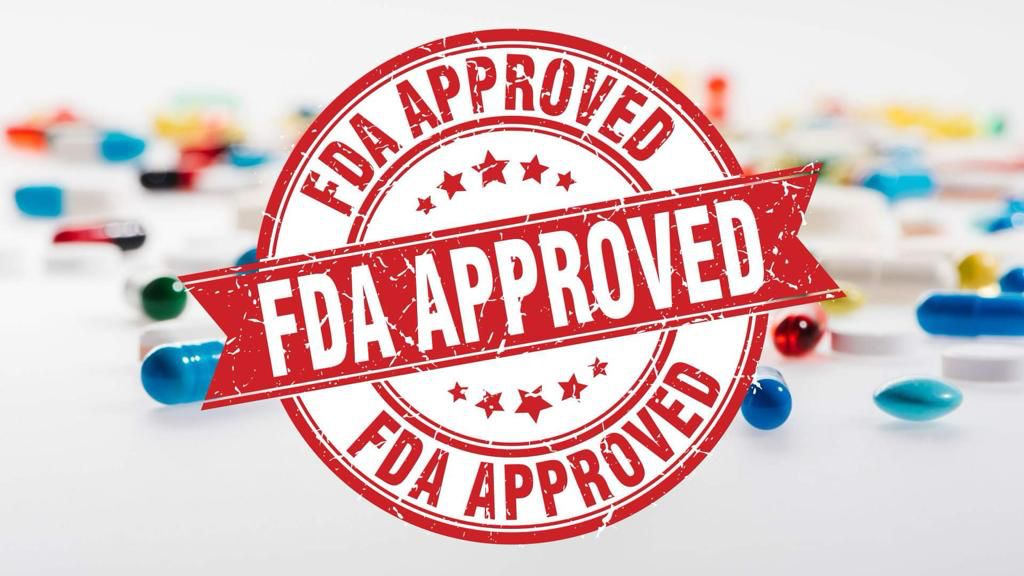On November 8, 2024, the Food and Drug Administration approved obecabtagene autoleucel (Aucatzyl, Autolus Inc.), a CD19-directed genetically modified autologous T cell immunotherapy, for adults with relapsed or refractory B-cell precursor acute lymphoblastic leukemia (ALL).
Mechanism of Action
Obecabtagene Autoleucel (Obe-cel) is a second-generation CD19-directed chimeric antigen receptor (CAR) T-cell therapy, designed to target malignant B-cells expressing CD19 in patients with relapsed/refractory B-cell malignancies, such as B-cell acute lymphoblastic leukemia (B-ALL). Its MOA includes:
- Apheresis and Genetic Modification: T-cells are collected from the patient through apheresis and subsequently transduced with a CAR construct encoding an anti-CD19 single-chain variable fragment (scFv), linked to intracellular signaling domains for activation and co-stimulation.
- Expansion and Reinfusion: The engineered T-cells are expanded ex vivo to therapeutic doses and then reinfused into the patient.
- CD19 Engagement and Activation: Upon infusion, CAR T-cells specifically bind CD19-expressing cells, triggering T-cell activation, proliferation, and cytotoxic activity that results in the direct lysis of the target cells.
- Potential for Long-Term Remission: Through T-cell memory, some patients experience prolonged remission even post-treatment, with sustained antitumor immunity.
Clinical Indications
Obe-cel is currently indicated for individuals with relapsed or refractory B-cell acute lymphoblastic leukemia (B-ALL) and is being evaluated for efficacy in other B-cell malignancies, including non-Hodgkin lymphoma and chronic lymphocytic leukemia.
Adverse Effects
Despite its efficacy, Obecabtagene Autoleucel is associated with a specific spectrum of adverse events, consistent with CAR T-cell therapies:
- Cytokine Release Syndrome (CRS): CRS occurs in response to rapid cytokine release post-CAR T-cell activation. Incidence and severity of CRS with Obe-cel are reported to be relatively lower than other CD19 CAR T-cells, though it can necessitate intensive care in severe cases. Standard CRS management includes tocilizumab and corticosteroids as per ASCO/ASTCT guidelines.
- Immune Effector Cell-Associated Neurotoxicity Syndrome (ICANS): Obe-cel may induce ICANS, characterized by encephalopathy, aphasia, tremor, and seizure in severe cases, necessitating monitoring and timely intervention.
- Infectious Complications: Due to lymphodepletion and subsequent immunosuppression, there is an increased risk of opportunistic infections, including bacterial, viral, and fungal pathogens. Prophylactic antimicrobials and monitoring are indicated.
- Prolonged Cytopenias: Persistent cytopenias, including neutropenia, thrombocytopenia, and anemia, are common and may require growth factor support and transfusions.
- Hypogammaglobulinemia: Secondary to B-cell aplasia, some patients experience hypogammaglobulinemia, requiring regular intravenous or subcutaneous immunoglobulin replacement therapy.
Patient Eligibility and Administration
Obe-cel is primarily indicated for patients with relapsed or refractory CD19-positive B-cell malignancies who are ineligible or unresponsive to other therapeutic modalities. Standard protocol involves:
- Screening and Baseline Evaluation: Comprehensive pre-infusion screening, including organ function assessment and infection status.
- Lymphodepleting Chemotherapy: Prior to CAR T-cell infusion, lymphodepleting chemotherapy (often fludarabine and cyclophosphamide) is administered to enhance CAR T-cell engraftment and expansion.
- CAR T-cell Infusion and Monitoring: Following lymphodepletion, the CAR T-cell product is infused, typically in an inpatient setting with close monitoring for CRS, ICANS, and other acute toxicities.
Advantages over Existing CAR T-cell Therapies
Obe-cel’s unique scFv configuration and intracellular signaling domains may contribute to reduced CRS and neurotoxicity, making it a viable option for patients with high-risk profiles for CAR T-associated toxicities.
Efficacy and Safety
Efficacy was evaluated in FELIX (NCT04404660), an open-label, multicenter, single-arm trial that enrolled adults with relapsed or refractory CD19-positive B-cell ALL. Enrolled patients were required to have relapsed following a remission lasting 12 months or less, relapsed or refractory ALL following two or more prior lines of systemic therapy, or disease that was relapsed or refractory 3 or more months after allogeneic stem cell transplantation.
The major efficacy outcome measures were rate and duration of complete remission (CR) achieved within 3 months after infusion. Additional outcome measures were rate and duration of overall complete remission which includes complete remission and complete remission with incomplete hematologic recovery (CRi), at any time. Of the 65 patients evaluable for efficacy, 27 patients (42%; 95% confidence interval [CI]: 29%, 54%) achieved CR within 3 months. The median duration of CR achieved within 3 months was 14.1 months (95% CI: 6.1, not reached).
The prescribing information has a boxed warning for cytokine release syndrome (CRS), immune effector cell-associated neurotoxicity syndrome (ICANS) and T cell malignancies. CRS occurred in 75% (Grade 3, 3%) and neurologic toxicities occurred in 64% (Grade ≥3, 12%), including ICANS in 24% (Grade ≥3, 7%).The most common non-laboratory adverse reactions (incidence ≥ 20%) included CRS, infections-pathogen unspecified, musculoskeletal pain, viral infections, fever, nausea, bacterial infectious disorders, diarrhea, febrile neutropenia, ICANS, hypotension, pain, fatigue, headache, encephalopathy, and hemorrhage.
The total recommended dose of obecabtagene autoleucel is 410 X 106 CD19 chimeric antigen receptor (CAR)-positive viable T cells to be administered as split dose infusion on Day 1 and Day 10 (±2 days) based on bone marrow blast assessment and preceded by fludarabine and cyclophosphamide lymphodepleting chemotherapy.
Dr. Claire Roddie is the primary investigator and first author of the study.
Dr. Claire Roddie, MD, PhD, is an Associate Professor in Haemato-Oncology and a Consultant Haematologist at University College London (UCL) and University College London Hospitals NHS Foundation Trust. She is also an Honorary Senior Lecturer in Haematology at UCL. Dr. Roddie’s primary research interest is in the development and clinical application of cellular therapies, with a special focus on chimeric antigen receptor (CAR) T-cell therapies for the treatment of hematologic malignancies, such as lymphomas and leukemias.
Dr. Claire Roddie is the primary investigator and first author of a pivotal clinical trial on the safety and efficacy of obecabtagene autoleucel (obe-cel, AUTO1), a CD19 CAR-T cell therapy with a fast-off rate, for treating relapsed or refractory adult B-cell acute lymphoblastic leukemia (r/r B-ALL). The top-line results from this study, known as the FELIX trial, were presented at the 2023 ASCO Annual Meeting and published in the Journal of Clinical Oncology.

Oncologists and Organizations shared their opinion on it.
Mark Geyer, ALL Leukemia Program Leader at Memorial Sloan Kettering Cancer Center shared a post by AACR, adding:
“The approval of obe-cel marks the first FDA approval of a CAR T-cell product without a REMS program, and more importantly, represents another option for adults with R/R B-ALL with a promising safety profile (<10% risk of grade ≥3 CRS or ICANS). Looking forward to working with the Autolus team to bring this treatment to patients.”
Quoting AACR‘s post:
“The U.S. FDA approved obecabtagene autoleucel, an immunotherapy created from a patient’s own T cells and designed to target CD19, for adults with relapsed or refractory B-cell precursor acute lymphoblastic leukemia.”
For more information visit oncodaily.com
